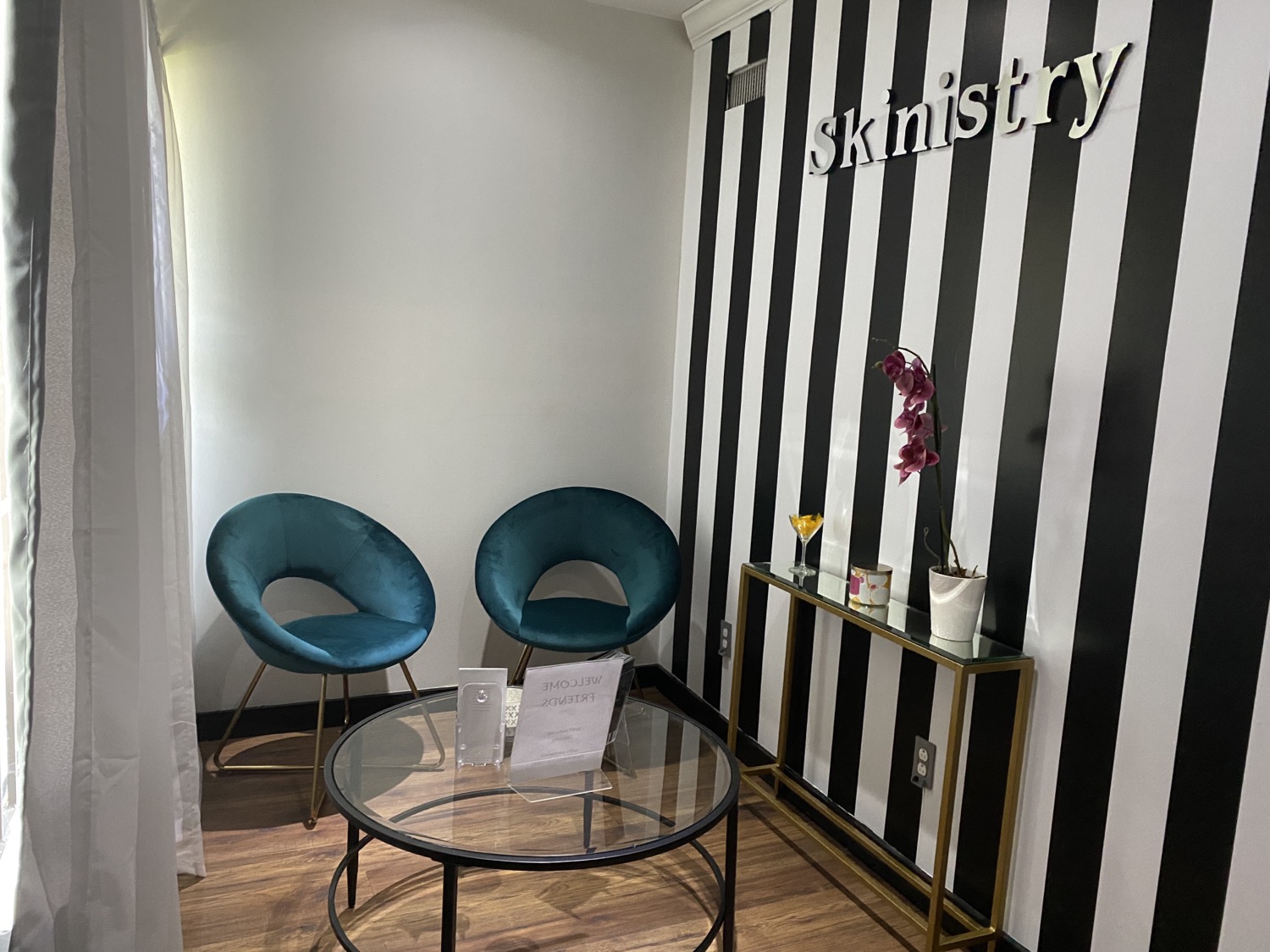5 fundamentals about skin types that you must know
- simonegibson11

- Dec 9, 2020
- 4 min read
Skin is always in! Yea, let’s start there. If you didn’t find a way to escape Earth in the past 11 months, you're still here, yay! Being here means that you know we’re *still* in the middle of a global pandemic that we thought would last for six weeks. During this time, a lot of businesses and families collapsed while others thrived. If one for the books was a person, 2020 is her or him, incarnate. 2020 has been enough to make our skin crawl and break out at the same time, and that's a Skinistry no-no, okay?! Anyway, the good news is that despite the many challenges, we’re still here, serving you and serving [good] skin!
If you’re new here, welcome! We’re happy that you joined us. And if you’re one of our loyal few - thank you for being a friend. No, seriously, you kept the bills paid. Literally. Since this year turned out to be one big reset for so many people, we decided to do that with this first blog post. Yes, you need a reset on skincare. A simple Google search will show you that everyone has all the knowledge on proper skincare. Every other day there’s a new trend, treatment, or tagline that comes out of the skincare industry, and we love to see it! All that stuff is good, but sometimes people want a simple answer to an obvious question. Examples of these questions are:
How to determine your skin type?
What makes my skin more sensitive than others?
Which kinds of products will work best for my city's climate?
Are there specific products that will work best for my complexion?
Should I change my skincare routine or products often?
There are so many unanswered skincare questions on Kris Jenner’s Internet, especially when it comes to ethnic skin. And we’re here to help with that. So without further running on, let’s tackle the most important skincare question:
How to determine your skin type
No matter your ethnicity, skin types are universal. In medical esthetics, we classify skin types along the following lines:
Normal
Combination
Oily
Dry
Sensitive
It’s important to note that any skin type may exhibit traits that the other skin types do. This depends on myriad factors that include age, environment, products/procedures used, etc.
1. Normal skin
This skin type is most ideal. Now, ideal doesn’t mean that you’re exempt from skin issues, no. It means that you’re more likely to have a good foundation to work with. This skin type is not too dry or oily with little to no imperfections. It's not sensitive at all, has very small pores, and a radiant complexion.
2. Combination skin
The most common skin type is combination skin. It’s somewhere between dry or oily and normal skin. An indicator of this skin type is an oily T-zone area. With combination skin, your pores tend to be more open, the skin is oilier, and you get a lot of blackheads.
3. Oily skin
If a feeling of dread overcame you reading the words “oily skin”, we understand… but fret not! Believe it or not, there are ways that you can manage your skin’s oiliness and still have good skin. Hint: that’s where we come in, but we digress. Oily skin is what it sounds like with a little bit more. People with oily skin may have enlarged pores, a dull or shiny, thick complexion, blackheads, pimples, and other skin imperfections. In other words, it can be overwhelming for the average person who may not have the proper guidance!
4. Dry skin
So, if you left oily skin feeling dread, don’t assume that the opposite of that will be better. Because we assure you, dry skin comes with its issues too! Compared to all the other skin types, people who have dry skin have almost invisible pores. This means that nothing has a chance of coming in or out and that’s *not* a good thing! With dry skin, your complexion is dull and rough; and often covered in red, scaly patches. Dry skin is less elastic or supple (bye-bye glow) with way more visible lines than you’d want.
5. Sensitive skin
The thing about sensitive skin is that it’s more of a state of being than it is a skin type. Even so, it’s worth mentioning as a skin type because your skincare routine will need extra care. When your skin is sensitive, it’s prone to redness, itching, burning, and drying. While the other skin types are more resilient, sensitive skin may take a freefall into a place of no return if you’re not careful.
Before you book an appointment or buy any of our medical-grade skincare products, read this! Reflect on your skin’s behavior in the past 6-12 months then make an assessment of it. Even if you're wrong, that's where we come in. A period of breaking out (which, let’s be real, it feels like it’s going on forever), doesn’t always constitute a change in skin type, okay? It may be for a season. That’s life, isn’t it?
Let us know if you have any questions or comments about your skin in the comment section below. We’d love to hear from you. Also, be sure to sign up so that you can be part of our exclusive community of women and men who love skincare as much as you! Take good care of your skin, until next time.






Comments